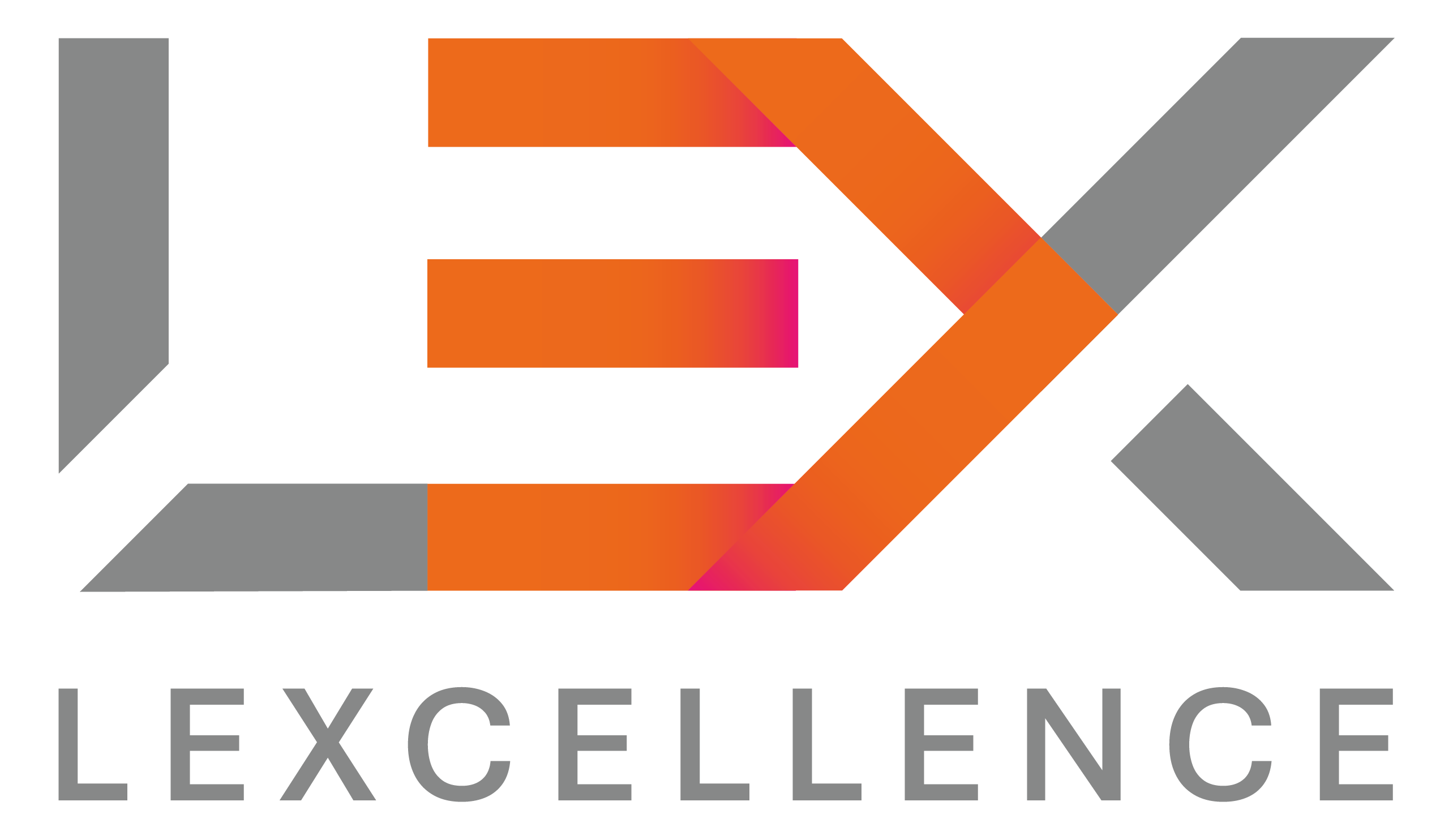EU’s AI Directive Unveiled: Navigating the Blueprint for Trustworthy Artificial Intelligence

After reaching this Friday (December 8, 2023) a provisional agreement on the Artificial Intelligence Act between the EU Parliament and Council, today, on December 9, the European Union announced a groundbreaking press release, marking the unveiling of the Artificial Intelligence Act. The release of this landmark legislation is the result of a political deal reached between MEPs and the Council, underscoring a collective effort to ensure the safety of AI in Europe. Let’s delve into the significant provisions outlined in the Act, aimed at fostering innovation while safeguarding fundamental rights, democracy, and environmental sustainability.
A Political Deal for Ethical AI:
MEPs and the Council achieved a political deal to address the burgeoning concerns surrounding AI. This deal, reached on Friday, signifies a crucial step in shaping the ethical landscape of AI in Europe.
Protecting Fundamental Rights and Democracy:
The regulatory framework, known as the Artificial Intelligence Act, establishes a comprehensive set of rules to ensure the protection of fundamental rights, democracy, and the rule of law. The agreement reflects a commitment to curbing the potential risks associated with high-risk AI while propelling Europe into a leadership position in the field.
Navigating High-Risk AI:
One of the Act’s primary objectives is to shield fundamental values from the potential threats posed by high-risk AI. The regulations categorize AI systems based on their potential risks, imposing stringent rules to mitigate these risks effectively.
Foundations for Ethical AI:
The rules within the Act lay the foundations for ethical AI development by introducing clear obligations for AI systems. These obligations are intricately tied to the potential risks and impact levels associated with each AI application.
Innovation and Leadership:
While prioritizing ethical considerations, the Act also seeks to foster innovation. By setting clear guidelines, it aims to create an environment where businesses can thrive and expand, positioning Europe as a global leader in responsible AI development.
Key Provisions in the AI Act:
1. Restrictions on Biometric Systems: The Act places limitations on the use of biometric identification systems by law enforcement, ensuring a judicious and authorized approach to protect privacy and civil liberties.
2. Banning Unethical AI Applications: High-risk AI applications that manipulate human behavior or exploit vulnerabilities based on age, disability, or economic situation are outright prohibited.
3. Consumer Empowerment: The legislation empowers consumers by granting them the right to launch complaints and receive meaningful explanations, promoting transparency and accountability.
4. Varied Fines for Non-Compliance: Non-compliance with the AI regulations carries significant consequences, with fines ranging from 35 million euros or 7% of global turnover to 7.5 million euros or 1.5% of turnover.
Navigating the Future:
As we navigate the implications of the EU’s AI Act, the agreed text will undergo formal adoption by both Parliament and Council. Committees within Parliament, including the Internal Market and Civil Liberties committees, will play a crucial role in the next steps towards making this regulatory framework a legal reality.
Conclusion: Shaping Ethical AI in Europe
The unveiling of the EU’s AI Act is a significant stride towards shaping the ethical landscape of AI in Europe. By fostering innovation while prioritizing fundamental values, this regulatory framework sets a benchmark for responsible AI development. As the agreed text moves towards formal adoption, the EU is poised to lead the way in ethical AI governance, inspiring global standards for the development and deployment of artificial intelligence.
Source:
